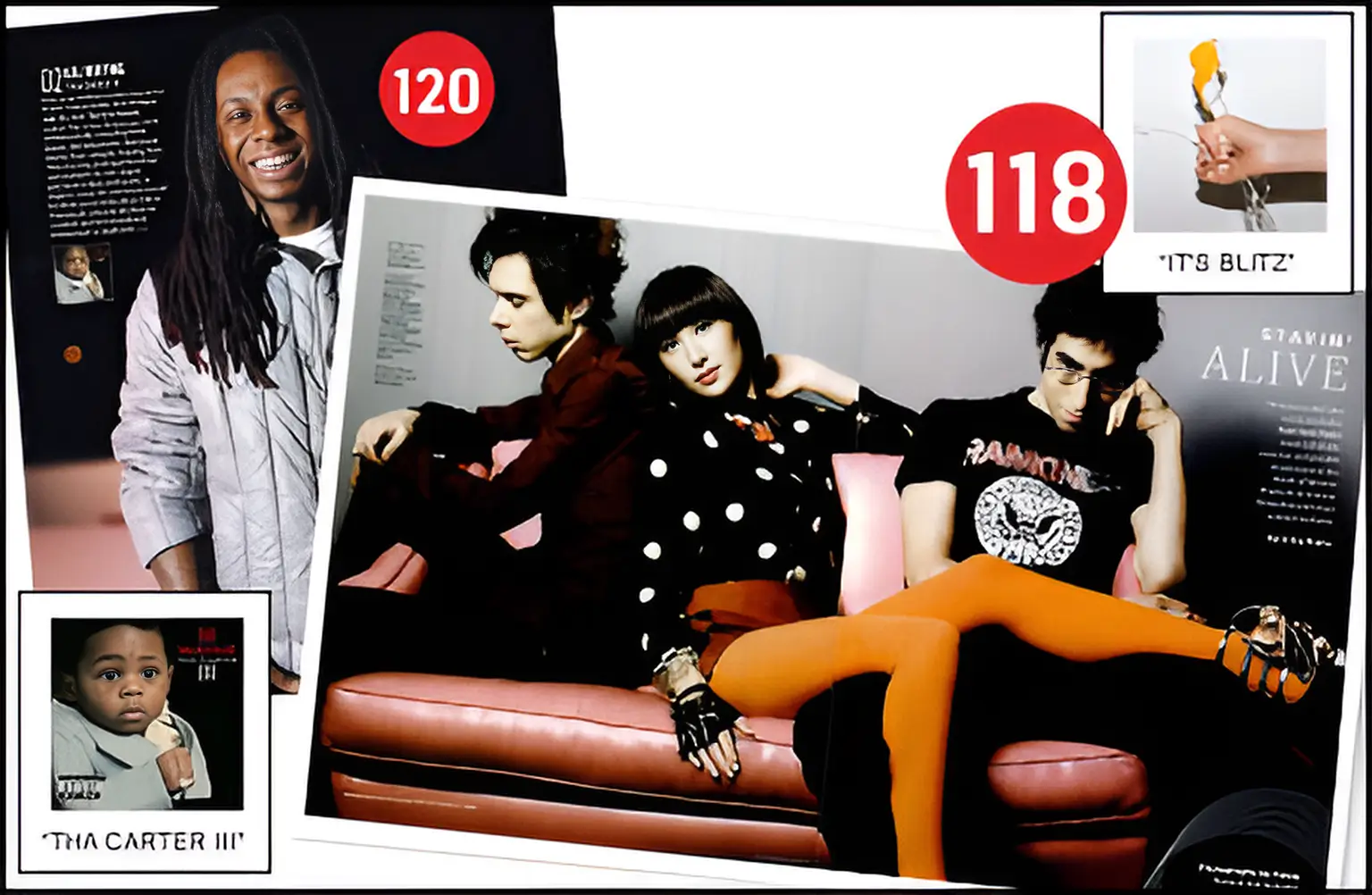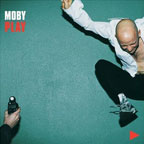
125 Moby Play
The bald vegan scored big with this mash-up of gospel-style vocals and electronic beats, inventing sorrowful anthems (“Oh lordy, trouble so hard”) that you could still dance to. SPIN put Moby on its June 2000 cover and explored his transition from hated techno “sell-out” to newfound A-lister and MTV staple. The magazine’s 1999 review of Play awarded 9 out of 10 stars for the way Moby digs through musical history’s dusty archives: “He takes a busload of sub-base-obsessed DJs down to the segregated South’s front porch, reintroducing them to the palpable, aching roots of today’s fussy breakbeat science.”
SPIN Archive on Google
– Moby cover story (June 2000)
– Play review
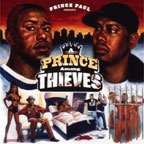
124 Prince Paul A Prince Among Thieves
Producer and performer Prince Paul was part of ’80s New York rap group Stetsasonic and made De La Soul before dropping this “satirical rap masterpiece.” (Before year 1999 was up he’d also hit back with a new, SPIN-approved project, Handsome Boy Modeling School.) “Pioneering rap producer Prince Paul conceived his thug-life satire as a movie,” the magazine wrote in January 2000, “and ended up directing a pictureless epic with an all-star cast that elevates the hip-hop skit to operatic glories.”
SPIN Archive on Google
– Prince Paul feature (June 2003)
– Top 20 Albums of the Year (January 2000)
– De La Soul feature (May 1989)
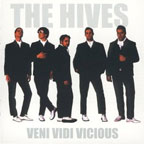
123 The Hives Veni Vidi Vicious
The Hives shared a bespoke fashion sense and garage rock spirit with the Strokes, but these Swedes weren’t just riding hipster coattails. “We wanted to sound like a band playing in a room,” singer Pelle Almqvist told SPIN in 2004 — evidently a very loud band freaking out in a very small room. So much press on the band focused on their look — as the magazine noted in 2002, “If a member wants to get a haircut, the group has to hold a meeting” — but the Hives were the whole package, with sick licks, hooks, and stage aerobics ripped from the heady ’60s and ’70s.
SPIN Archive on Google
– Hives cover story (August 2004)
– Band to Watch (May 2002)
– The Little Band Revolution (January 2003)
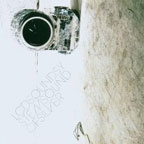
122 LCD Soundsystem Sound of Silver
James Murphy gave New York and beyond its nightlife soundtrack of the year. “Of all the current dance-rock acts,” SPIN wrote in 2007, “LCD Soundsystem generates grooves that are the most simultaneously disco and punk,” with a dash of Bowie for good measure. The magazine named standout track “All My Friends” a Best Song of 2007 for the way it “nodd[ed] elegantly to Steve Reich and New Order” as it describes “what it feels like to grow old with only your bloodless good taste to keep you company.”
SPIN Archive on Google
– Sound of Silver review (March 2007)
– 20 Best Songs (January 2008)
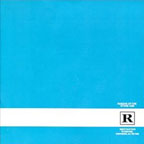
121 Queens of the Stone Age Rated R
Josh Homme brought the drone of the desert to his band’s “stoner rock,” mainstreaming the steamroller sound he’d pioneered in Kyuss. Suddenly, heavy was cool again, not merely the province of Satan-worshipping headbangers and the girls who love them. “These hair-swingers realized that plodding beats, downer lyrics, and brain-bludgeoning repetition become transcendent under the influence of a few bong hits,” SPIN said in 2000, referring to the bands that were copping the Queens’ style. The band excelled at digging up “an endless locked groove suitable for both head-banging and mind-expanding.”
SPIN Archive on Google
– Queens influences feature (July 2000)
– Queens live review (April 1999)

